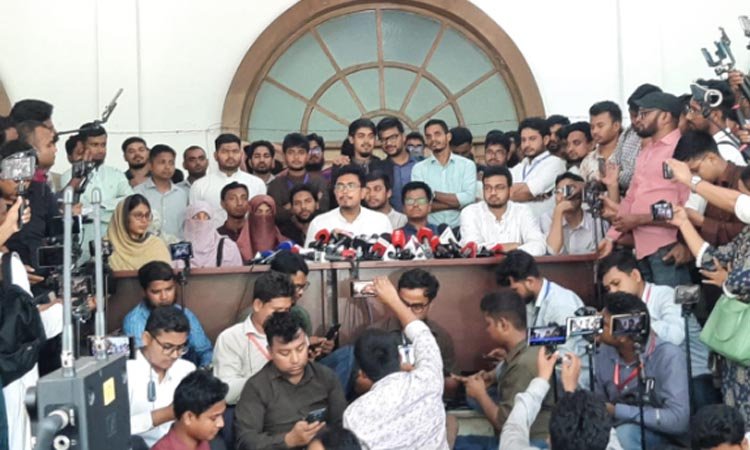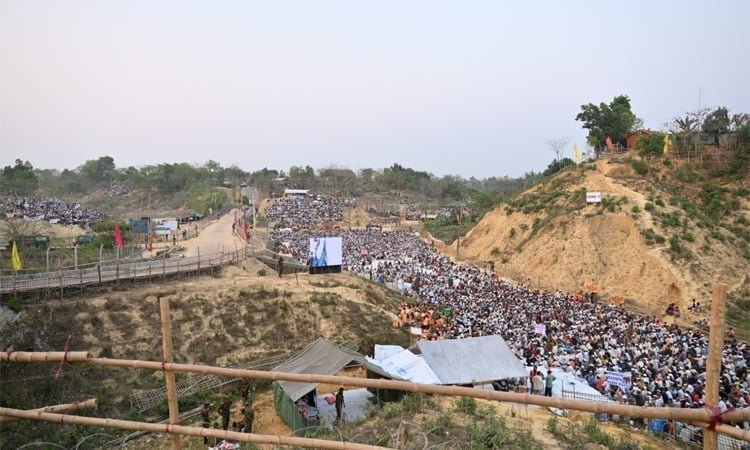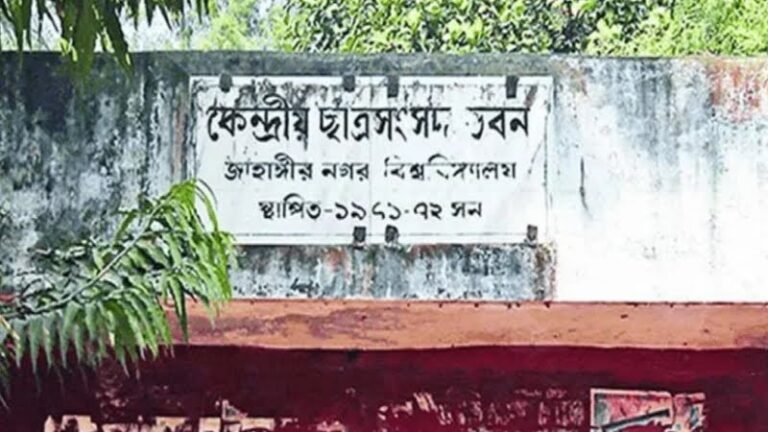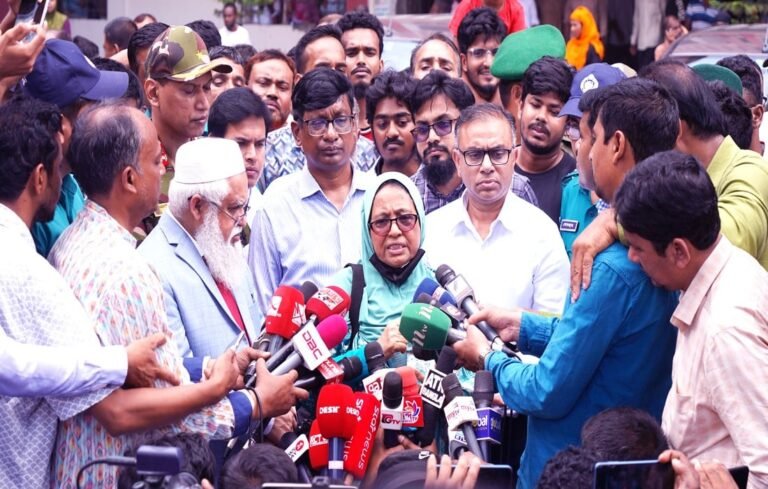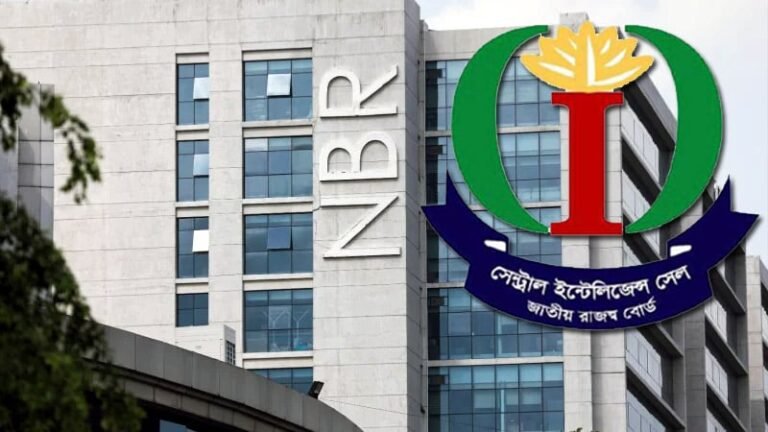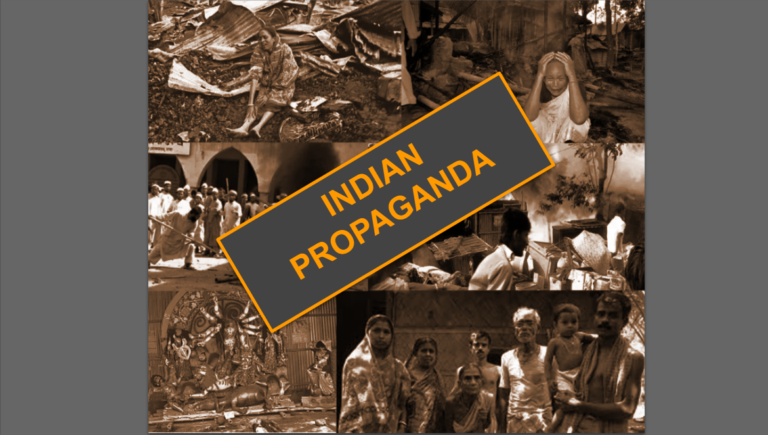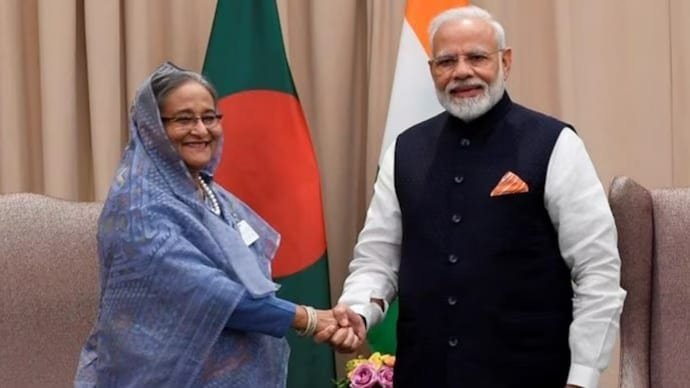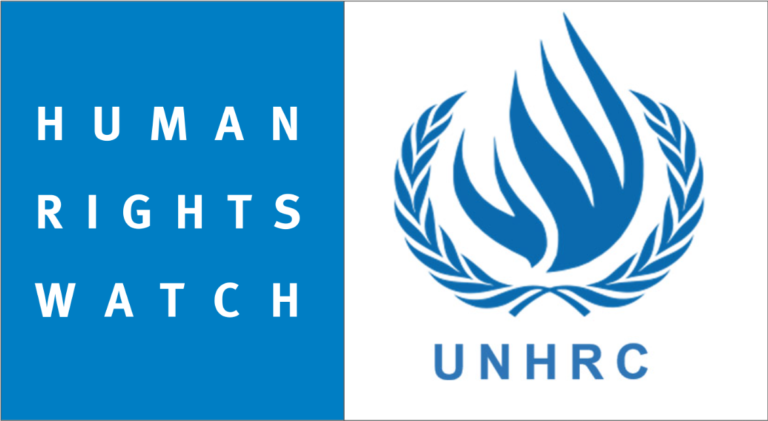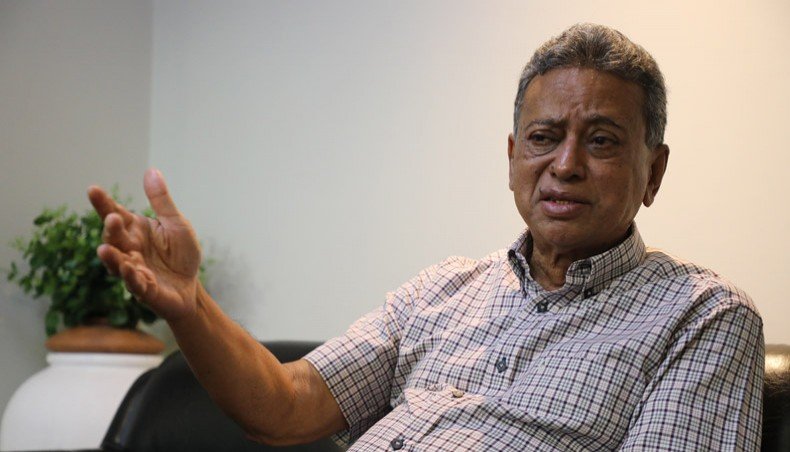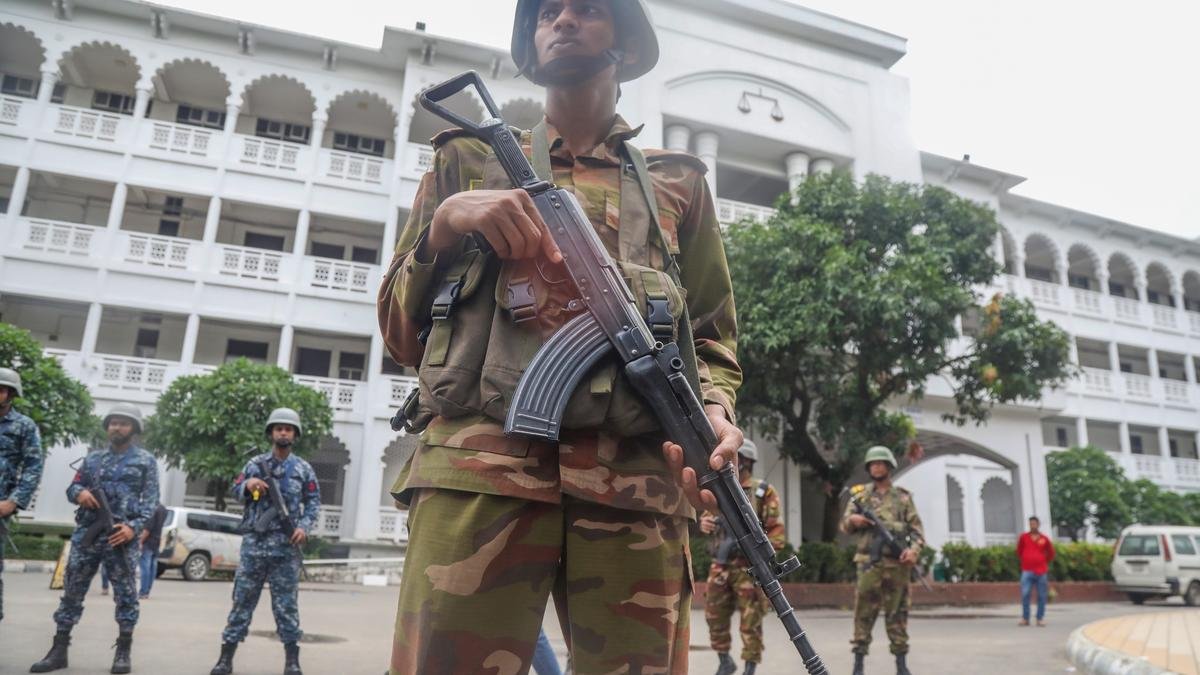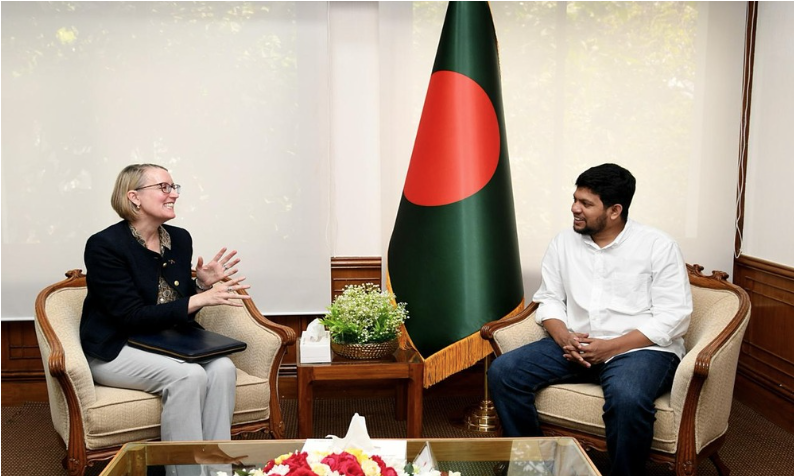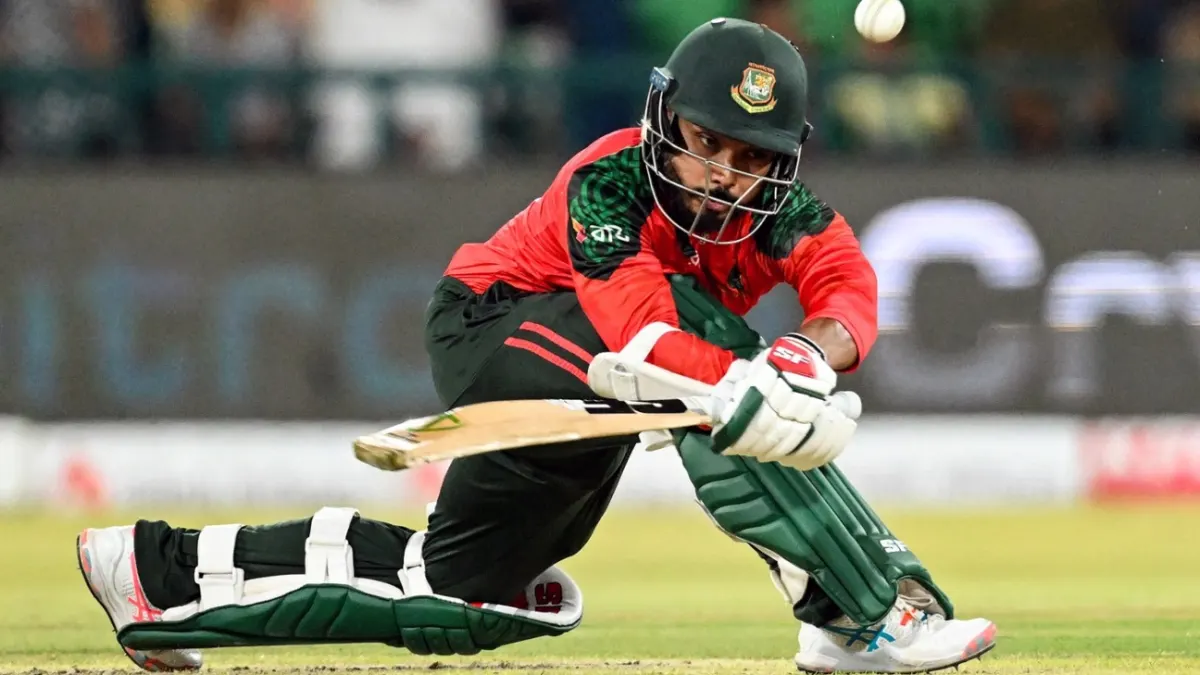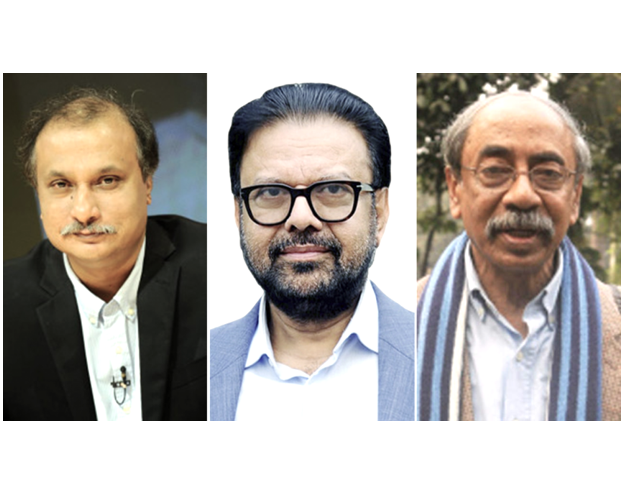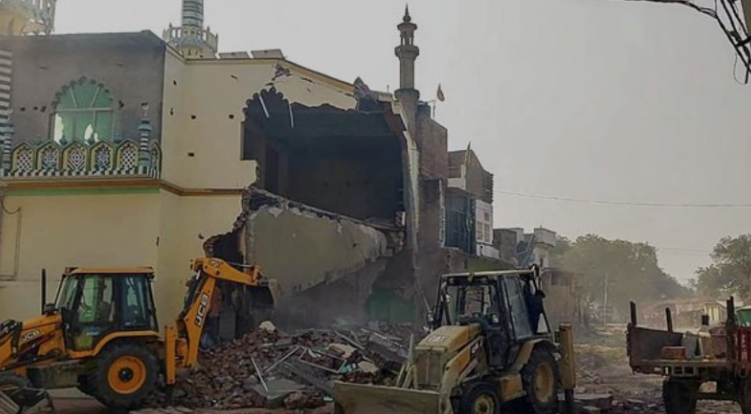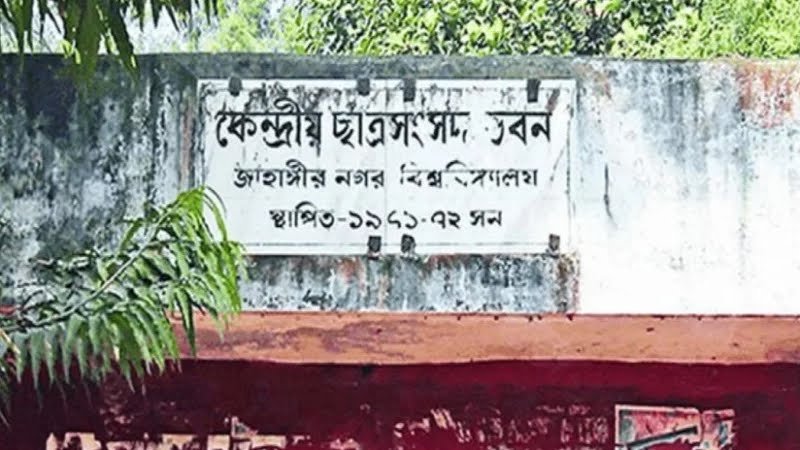India’s official approach to Bangladesh has “completely failed” due to an “ecosystem” dominated by influential civil servants, “plugged-in” retired diplomats, ideologues, and journalists who prioritized security over understanding the political realities on the ground. This criticism was voiced by Amir Khasru Mahmud Chowdhury, a prominent leader of the Bangladesh Nationalist Party (BNP), during an interview with “The Hindu” in Dhaka.
Amir Khasru, who heads the foreign affairs cell of the BNP, urged India to recognize the prevailing popular sentiments in Bangladesh. He argued that the three elections held in Bangladesh over the past decade were “fraudulent,” with India playing the role of an “enabler.” He emphasized, “In the case of Bangladesh, this ecosystem created the narrative that without Ms. Hasina, Bangladesh would go to the fundamentalists. If not for Hasina, the security of India would be in danger. India has to come out of this ecosystem and mindset. South Block should wake up and smell the coffee.” Mr. Chowdhury warned that if this trend persists, the relationship between India and Bangladesh could take years to recover.
He also noted that the violence witnessed in Bangladesh during the final days of Sheikh Hasina’s government could have been “absolutely” avoided if a free and fair election had been held in January this year. Mr. Chowdhury expressed concern over India’s swift recognition of the January election results, which he described as “totally fraudulent.”
Political Stalemate
Over the past decade, the BNP has consistently demanded elections under a caretaker government, following their defeat to Ms. Hasina in the 2009 election. This demand has led to multiple political stalemates in Bangladesh. In 2014, the BNP boycotted the election, insisting on the need for a caretaker government. This stance was repeated in 2018 and 2024, ultimately leading to the boycott of both elections. Mr. Chowdhury alleged that to address the political stalemate of 2014, then-Foreign Secretary of India Sujatha Singh visited Dhaka in December 2013 and held meetings with Prime Minister Hasina, BNP leader Khaleda Zia, and former President Hossein Mohammed Ershad, urging the latter to contest the election.
“What else can we call it if not enabling in a situation when Foreign Secretary Sujatha Singh tried to force Mr. Ershad to participate in the election that everybody knew was going to be fabricated and stolen? She tried to give credibility to the 2014 election by forcing Ershad – who was reluctant – to contest. People of Bangladesh did not like it,” said Mr. Chowdhury, sharing his perspective. “India recognized the Awami League governments time and again in 2014, 2018, 2024, and in fact, played the role of an enabler for all three elections. I am not mincing my words,” Mr. Chowdhury stated, emphasizing that his candid remarks about the elections reflect the “hard reality” of India-Bangladesh relations.
He further explained that the ecosystem he criticized for dominating India’s relations with Bangladesh “consisted of a group of powerful civil servants, retired bureaucrats plugged into the policy circle, journalists, and ideologues who possibly also personally benefitted,” adding, “They completely failed to understand the psyche of Bangladesh.” Mr. Chowdhury also expressed his appreciation for West Bengal Chief Minister Mamata Banerjee’s concern for the protesters in Bangladesh and noted with satisfaction that, following the fall of Sheikh Hasina on August 5, there has been some introspection regarding Indian policy towards Bangladesh.
“I have tried. I have been to India, given many talks, but they would keep going on and on about the same narrative of how Hasina alone could take on fundamentalism. But after the latest disaster, I see some change which is being led by the Indian civil society. Mamata Banerjee has also taken a reasonable position,” Mr. Chowdhury remarked.


